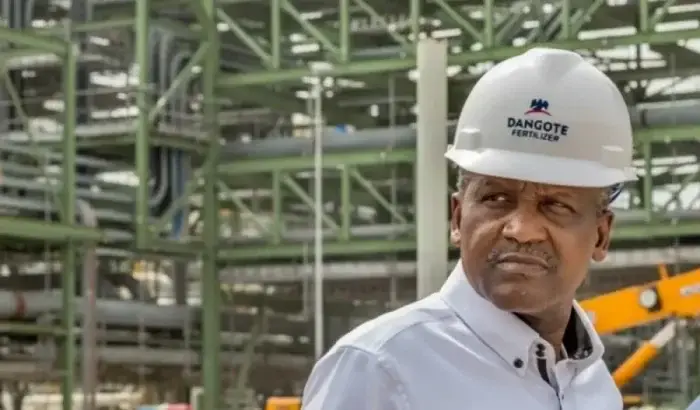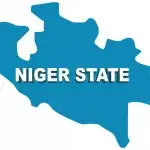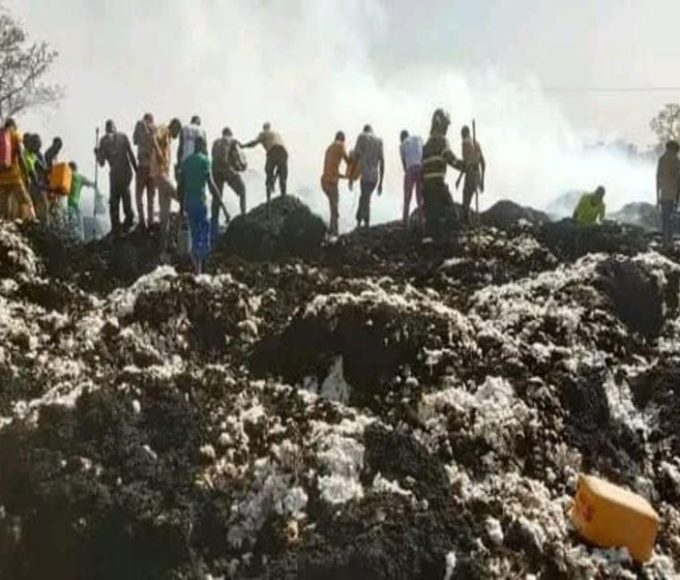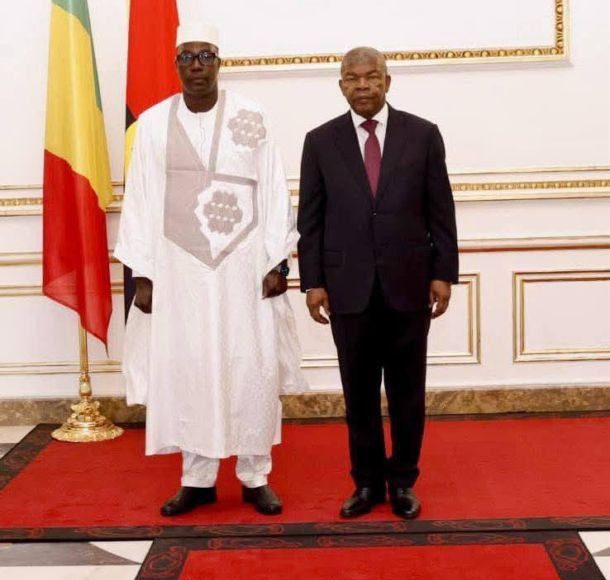
Amidst Scarcity, Dangote Refinery Set to Begin Sales of Its Petrol

Dangote Refinery has announced the production of its first batch of Premium Motor Spirit (PMS), commonly known as petrol, from its 650,000 barrels per day facility.
The announcement comes after over a year of the refinery’s launch in May 2023.
At a press conference on Tuesday, Aliko Dangote, the owner of the Lagos-based refinery, declared the day a “celebration” for Nigerians.
He assured the public that the petrol produced at the refinery would be of world-class quality, promising to significantly improve engine performance and longevity.
You are now going to have good petrol while the engines of your vehicles will last longer. You will not be having engine issues, which a lot of us were having. It won’t happen at all, Dangote said.
The quality here will match that of anywhere in the world; US, America, we will make sure that nobody will beat us in terms of quality.
Dangote further revealed that the refinery is in the final stages of negotiations with the Nigerian National Petroleum Company Limited (NNPCL) to begin distributing its products to the market.
He highlighted the refinery’s role in restoring industry and manufacturing in Nigeria, contributing to import substitution, stabilising the naira, and helping to curb inflation and reduce the cost of living.
Recall the refinery faced different hurdles recently, from regulatory to alleged sabotage.
In addition to petrol, the refinery has already commenced the supply of diesel and aviation fuel to marketers in the country. However, despite this progress, the country’s energy challenges remain acute.
All state-owned refineries in Nigeria are non-operational, leaving the nation heavily reliant on imported refined petroleum products.
The state-run NNPCL has been the primary importer, but the company recently expressed concerns over financial pressures threatening the sustainability of fuel supply.
Fuel scarcity remains a persistent issue in Nigeria, with long queues at petrol stations being a common sight.
The removal of fuel subsidies in May 2023 led to a tripling of petrol prices, from around ₦200 per litre to about ₦800 per litre, exacerbating the difficulties faced by citizens.
Additionally, the unification of forex windows has caused the naira to plummet, further driving up the cost of food and essential commodities, and intensifying the inflationary pressures on the economy.
Read More:
- Military Evacuates 37 Bodies After Boko Haram Attack In Yobe
- Miners Attack Niger Community For Reporting Them To Police
About The Author
Related Articles
Zimbabwe Rejects $350m US Health Deal Over Sovereignty Dispute
Zimbabwe has formally withdrawn from negotiations on a proposed $350 million health...
ByWest Africa WeeklyFebruary 25, 2026Niger’s President Outlines Vision for Strategic Partnership with China
Niger’s Head of State, General Abdourahmane Tiani, has articulated a renewed vision...
ByWest Africa WeeklyFebruary 25, 2026Fire Destroys 140 Tonnes of Cotton in Western Burkina Faso
A major fire has destroyed more than 140 tonnes of cotton in...
ByWest Africa WeeklyFebruary 25, 2026Mali’s New Ambassador to Angola Presents Credentials, Pledges Stronger Bilateral Ties
Diplomatic relations between Mali and Angola entered a new phase on February...
ByWest Africa WeeklyFebruary 25, 2026











